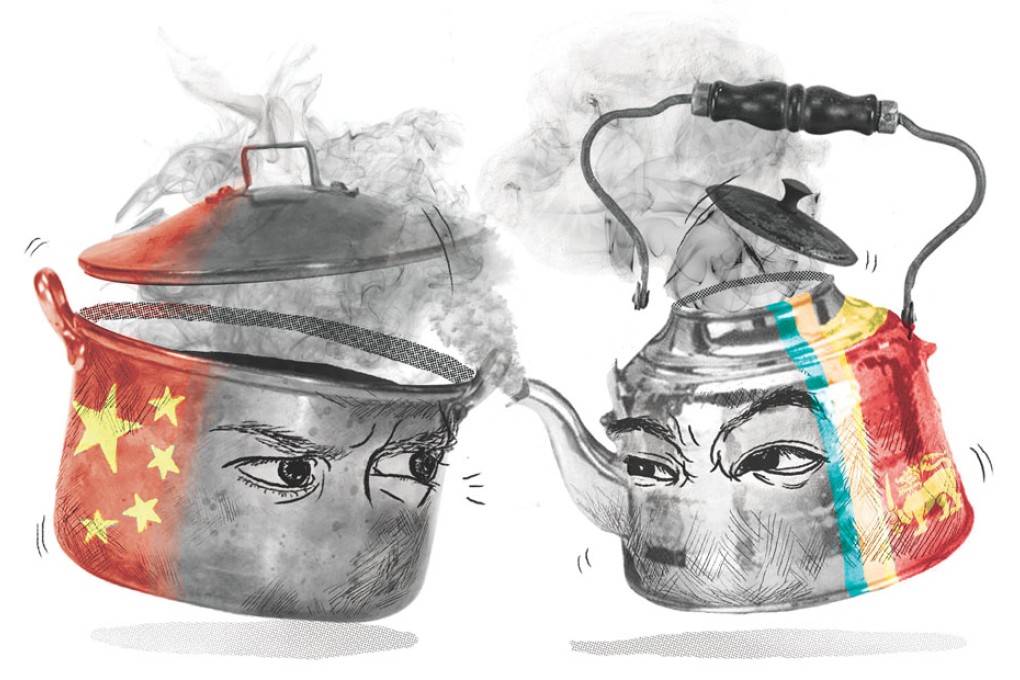China seeks to cultivate Sri Lanka ties but without international reproach
Beijing's criticism of Sri Lankan abuses may seem hypocritical as it continues to pour billions into the impoverished country's infrastructure

It is not often that the Chinese government criticises another nation for how it handles civil liberties, especially a country with which it has close financial and diplomatic ties. So it was curious when Qin Gang, a spokesman for the Chinese foreign ministry, advised Sri Lanka, a nation accused of committing war crimes, to "make efforts to protect and promote human rights".

When China speaks out, things are indeed grim on the island nation. Much to Sri Lanka's dismay, the nation's human rights record became the unintended focus of the recent Commonwealth Heads of Government Meeting (Chogm) in Colombo, which critics considered an inappropriate location.
Several nations used the biennial summit to slam Colombo for failing to investigate alleged war crimes committed during the last stages of its 26-year-long civil war against the separatist Tamil Tigers.
Early on, Canada declined to attend. India and Mauritius followed suit. Britain's Queen Elizabeth, head of the institution, did not attend, while Prime Minister David Cameron met with Tamil opposition leaders and victims of the conflict. At a press conference, Commonwealth Secretariat Commonwealth spokesman Richard Uku asked if any reporter had a question not related to Sri Lanka or human rights. None did.
In 2009, Sri Lanka's government crushed the Liberation Tigers of Tamil Eelam at tremendous human cost. In the final months of the counterinsurgency, which the Rajapaksa government referred to as a "humanitarian operation", shelling killed up to 40,000 civilians, according to the United Nations. Many people died in the army-designated "safe zone", a narrow strip of beach, leaving a killing field of sand littered with children's sandals and torn saris.